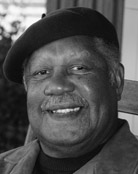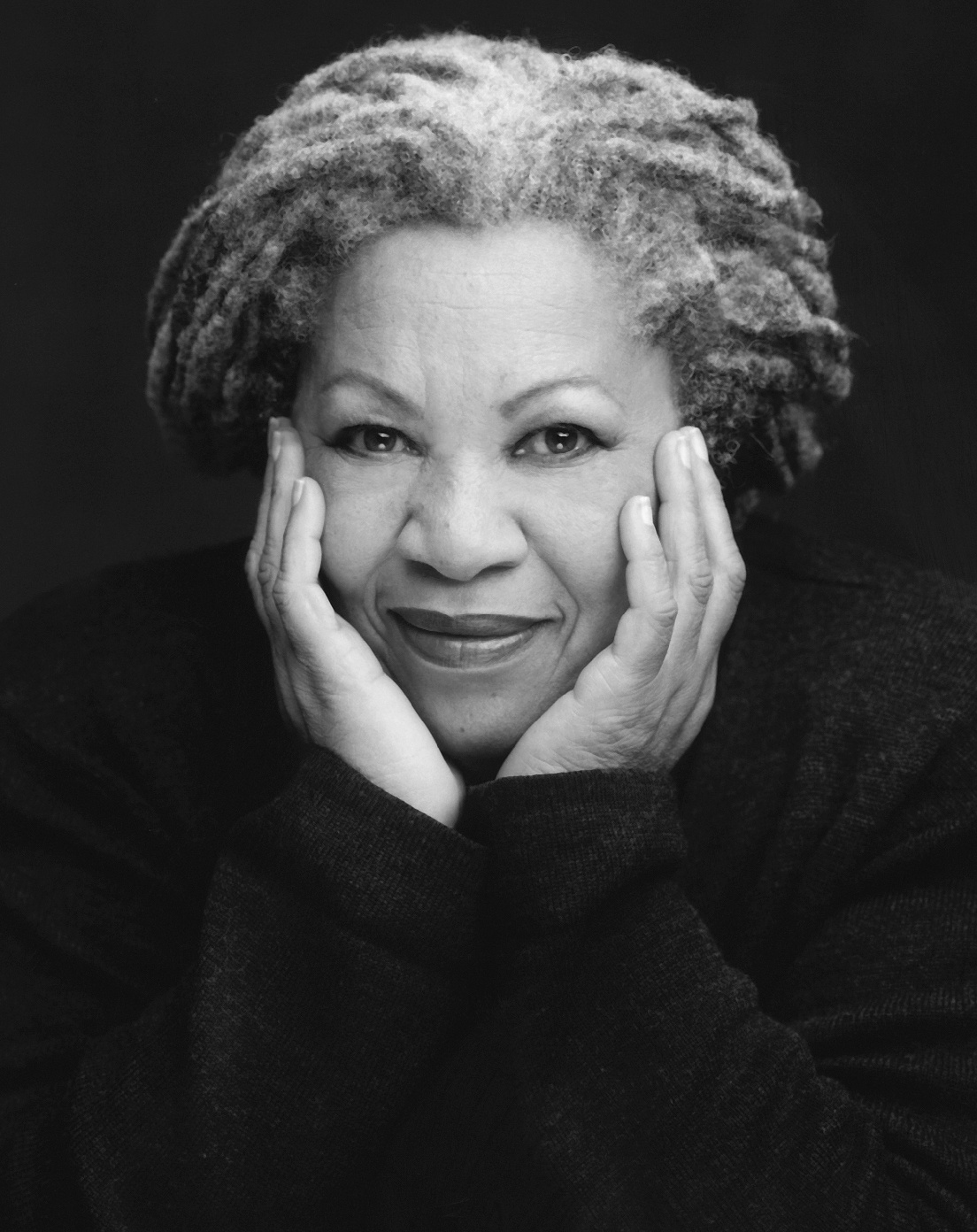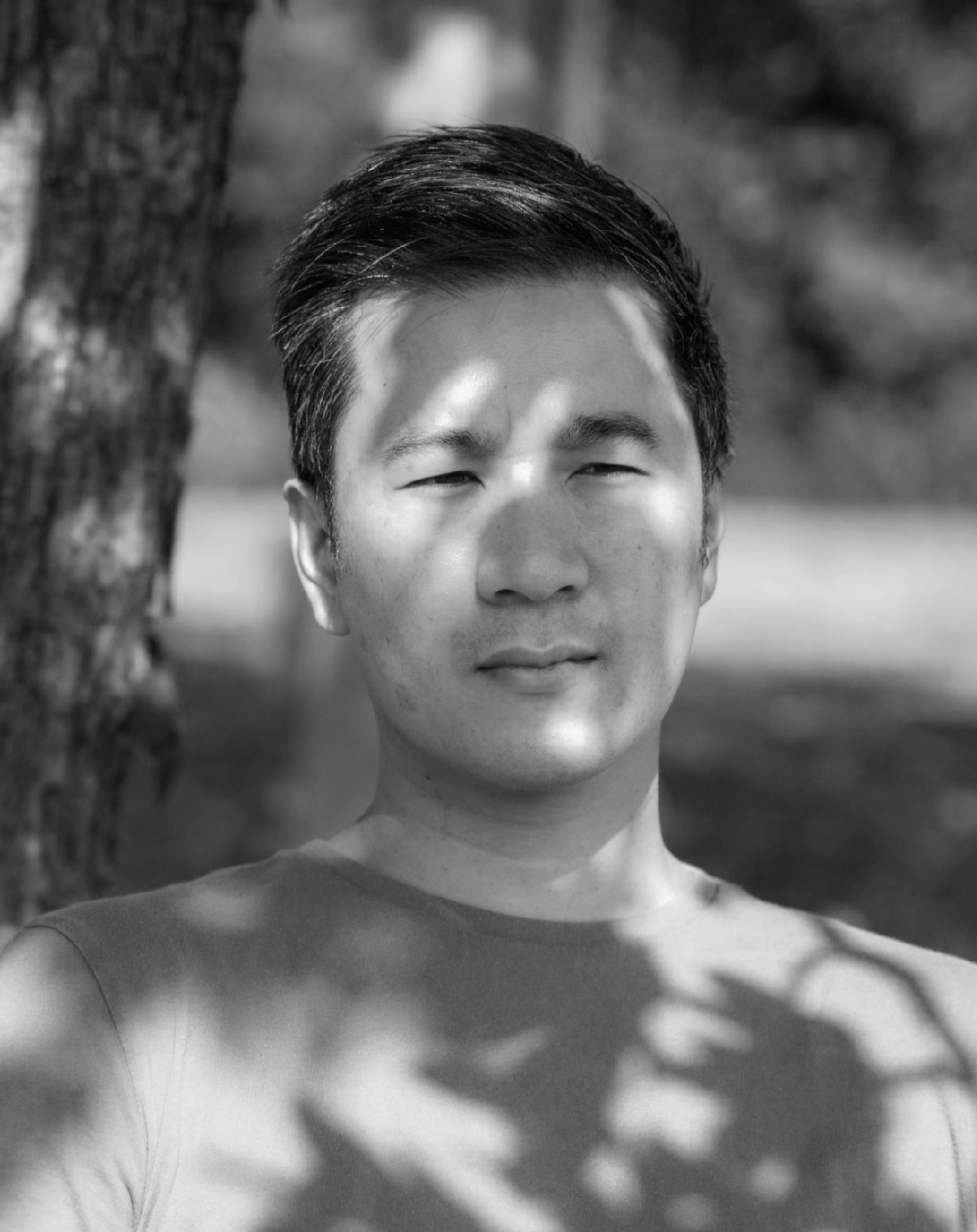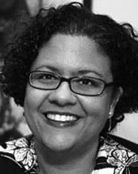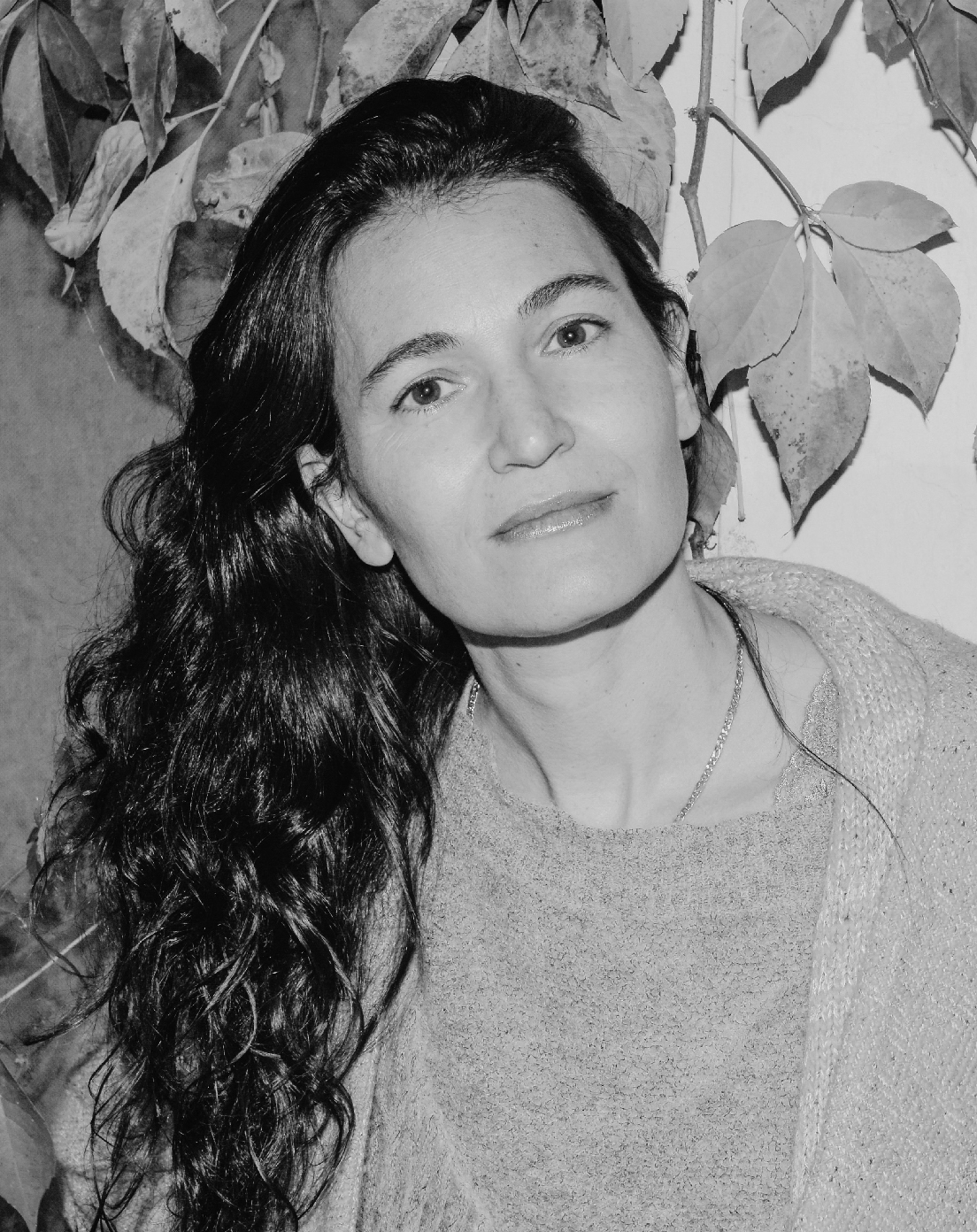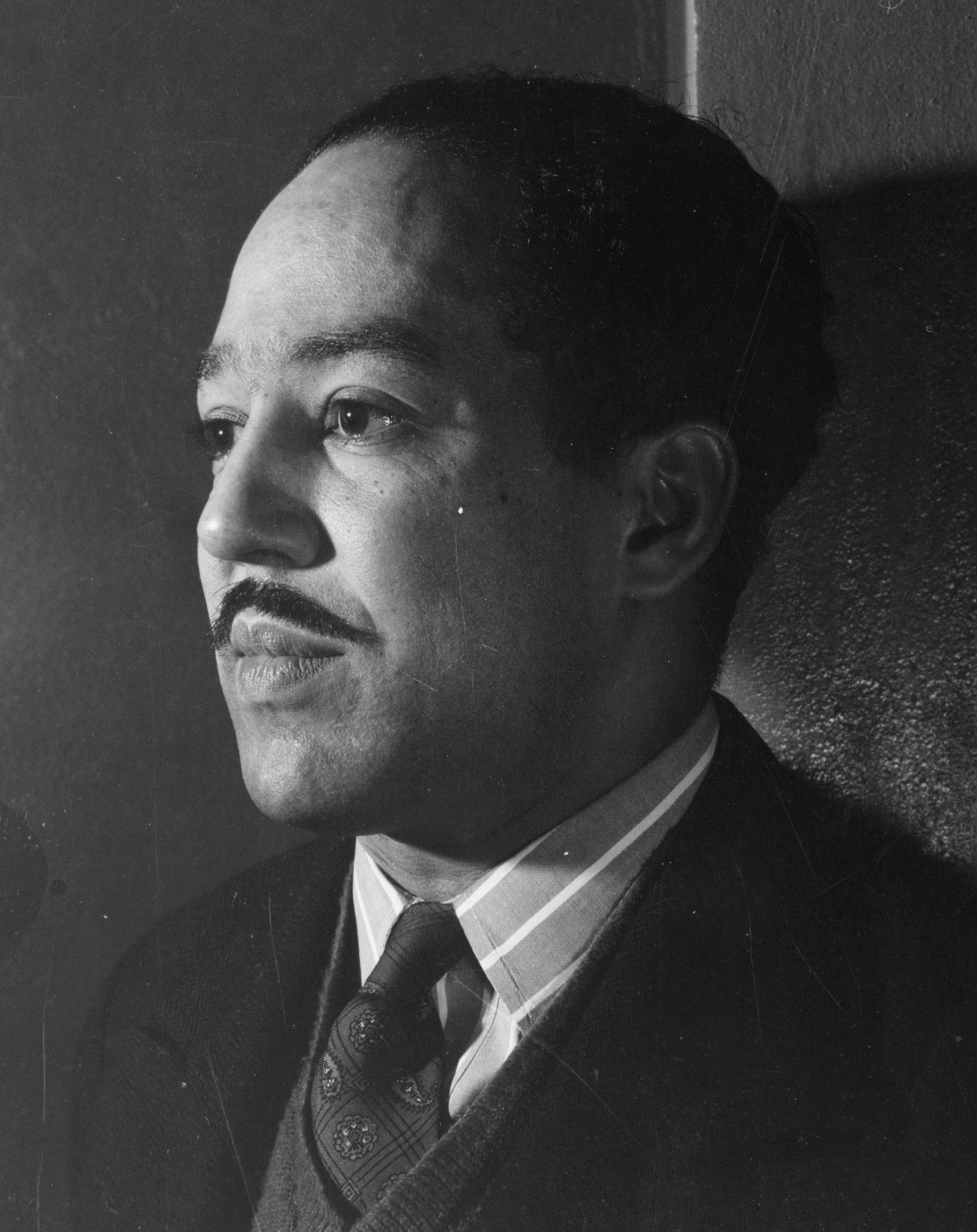The wood-frame Cleveland house where Langston Hughes once scribbled teenaged insights is back from the brink. Four years ago its back door flapped open and its copper fixtures had been pilfered by thieves, leaving ugly holes in the walls.
Today, it is renovated, and ready for its new owner, an aspiring writer from Lyndhurst. Perhaps the 3-bedroom home’s proximity to long-ago greatness will bring him luck. Langston Hughes was just 15 in 1917 when he rented the attic room on E. 86th St. His mother and stepfather had moved away, and Langston was doing well at Cleveland’s prestigious Central High School. He had started to write poems.
“The only thing I knew how to cook myself in the kitchen of the house where I roomed was rice, which I boiled to a paste. Rice and hot dogs, rice and hot dogs, every night for dinner. Then I read myself to sleep,” he wrote in his autobiography, The Big Sea.
Young Langston was a star on Central’s track team, and in its literary magazine, “The Monthly,” where his first short stories appeared. Ethel Weimer, his much-respected English teacher, encouraged him to read Walt Whitman, Carl Sandberg, Edgar Lee Masters, Amy Lowell, and Vachel Lindsay.
He went on to attend Columbia University (for a year), travel the world and play a central role in the Harlem Renaissance. Hughes returned briefly to Cleveland in the 1930s when the Karamu House produced six of his plays. In 1954, he won an Anisfield-Wolf Book Award for his novel, Simple Takes a Wife.
But even as Hughes became enshrined in the 20th Century American pantheon, the colonial on E. 86th St. declined. In 2009, a neighborhood improvement group bought the decrepit property for $100 from the city of Cleveland, only to discover that the celebrated poet of the Harlem Renaissance had been a boy there.
Debra Wilson, real estate manager for Fairfax Development Corp., said her small nonprofit was ill-prepared to find the cash that rescuing a historic landmark would require. Nevertheless, her group managed the renovation and to sell it in October for $85,000. (See listing here.)
“We put about $174,000 into it, but we’re not complaining. We’re very proud,” Wilson said. “We’re doing a Langston Hughes reading garden next to it on land the Cuyahoga County Land Bank donated.”
Occasional news stories have meant “we get phone calls about it from around the world,” she said.
Studying the poetry Langston Hughes wrote during his adolescent in Cleveland, the scholar Arnold Rampersad observed that it is ”dominated by images of childhood. He was a star high school athlete, the best high jumper in Ohio, and again and again he depicted himself as a child in his poetry, showing an extraordinary quality of innocence” in a complex man.
In 2012, biographer Rampersad returned to Cleveland to be honored with an Anisfield-Wolf Lifetime Achievement award.
